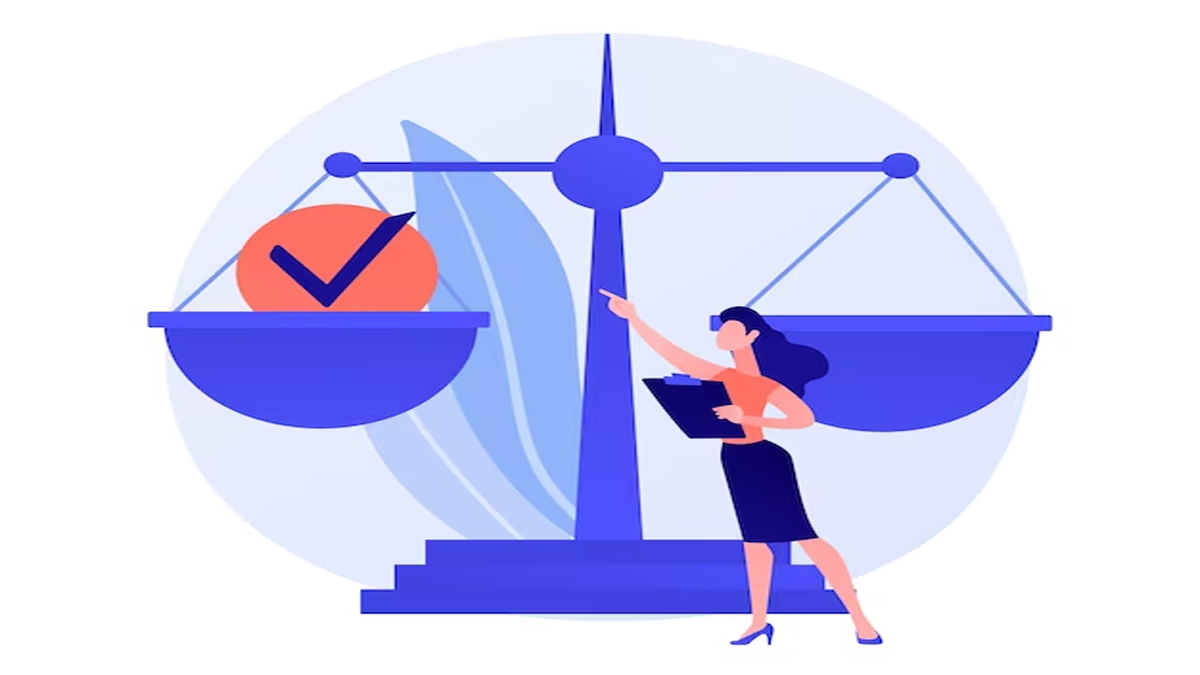Legal ethics in the age of technology, specifically regarding confidentiality and data security, are essential considerations for lawyers and legal professionals. With the increasing reliance on digital tools, cloud computing, and electronic communication, it is crucial to maintain client confidentiality and protect sensitive information. This response will provide an overview of legal ethics in relation to confidentiality and data security in the context of technological advancements.
Confidentiality is a fundamental principle in the legal profession that ensures clients can trust their lawyers to keep their information private. Traditionally, lawyers maintained confidentiality through physical safeguards, such as locked filing cabinets and attorney-client privilege. However, the digital era has introduced new challenges and considerations.
- Duty of Confidentiality:
Lawyers have a duty to protect client information from unauthorized access or disclosure. This duty extends to all forms of client information, whether it is communicated orally, in writing, or electronically. - Electronic Communication:
Lawyers must take precautions when communicating with clients through electronic means, such as email, messaging apps, or video conferencing platforms. They should use secure methods of communication and be aware of potential risks, such as hacking or interception. - Secure Storage:
Legal professionals must ensure that client information is securely stored. This includes implementing robust data protection measures, encryption, and access controls. Cloud storage and electronic document management systems should be carefully chosen and regularly audited to ensure compliance with confidentiality obligations. - Third-Party Service Providers:
Lawyers often rely on third-party service providers for various technology-related tasks, such as cloud storage, case management software, or transcription services. When engaging these providers, legal professionals should assess their data security measures and enter into appropriate confidentiality agreements to protect client information. - Data Breaches:
In the event of a data breach or unauthorized access to client information, lawyers have an ethical obligation to promptly notify affected clients and take appropriate steps to mitigate the harm. This may involve working with cybersecurity experts, law enforcement agencies, or informing relevant regulatory bodies. - Continuing Education:
Legal professionals should stay updated on the latest technological advancements, security best practices, and emerging threats. Continuing education programs and professional development opportunities can help lawyers enhance their knowledge and skills in maintaining confidentiality and data security in a technology-driven environment.
In addition to these general ethical considerations, specific laws and regulations may apply depending on the jurisdiction. For example, in some countries, legal professionals may be subject to data protection laws or rules specific to attorney-client privilege in the digital context.
Overall, legal ethics in the age of technology emphasize the importance of maintaining client confidentiality and implementing robust data security measures. Legal professionals must adapt to technological advancements while upholding their ethical obligations to protect client information in an increasingly digital world.
